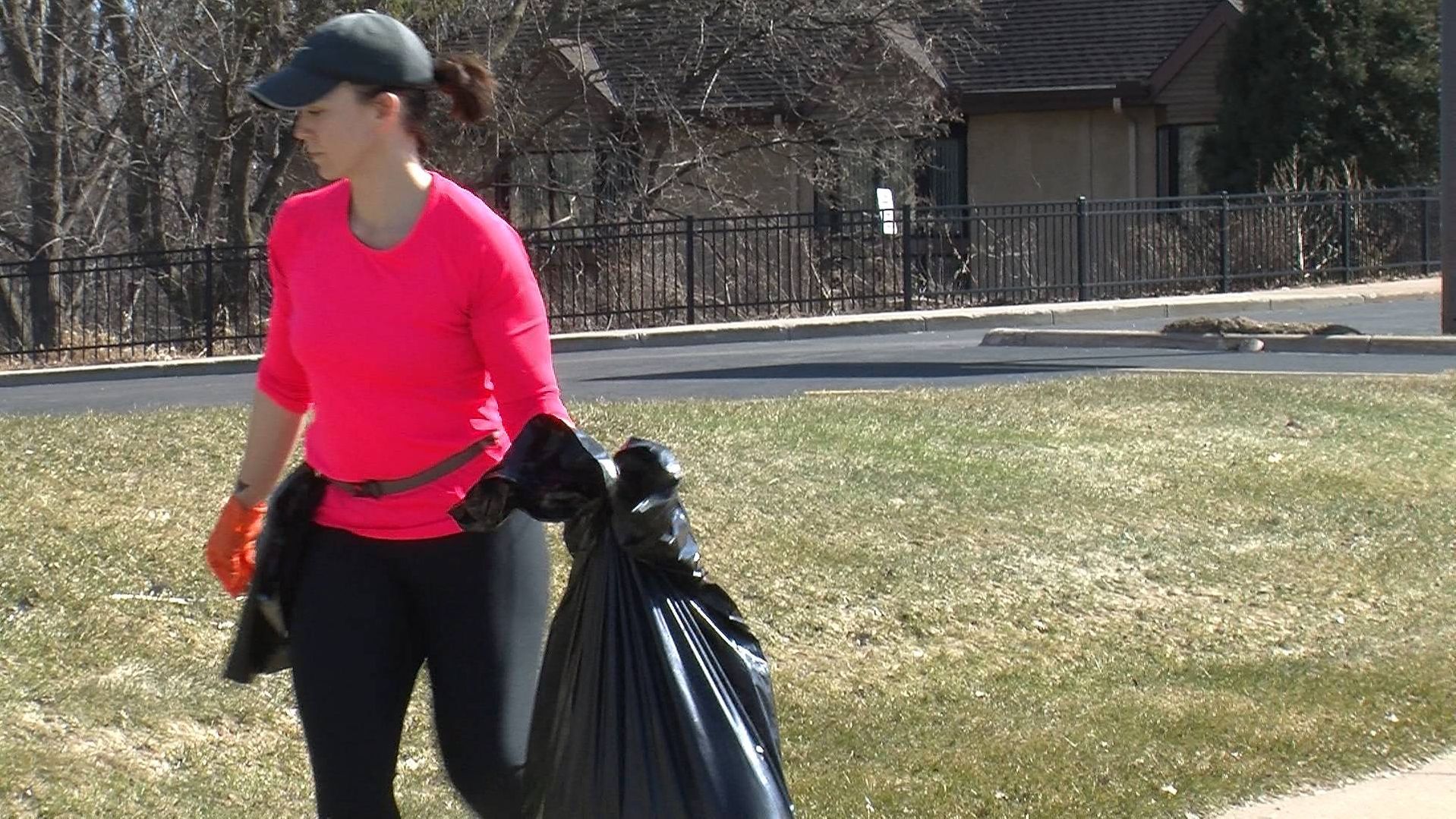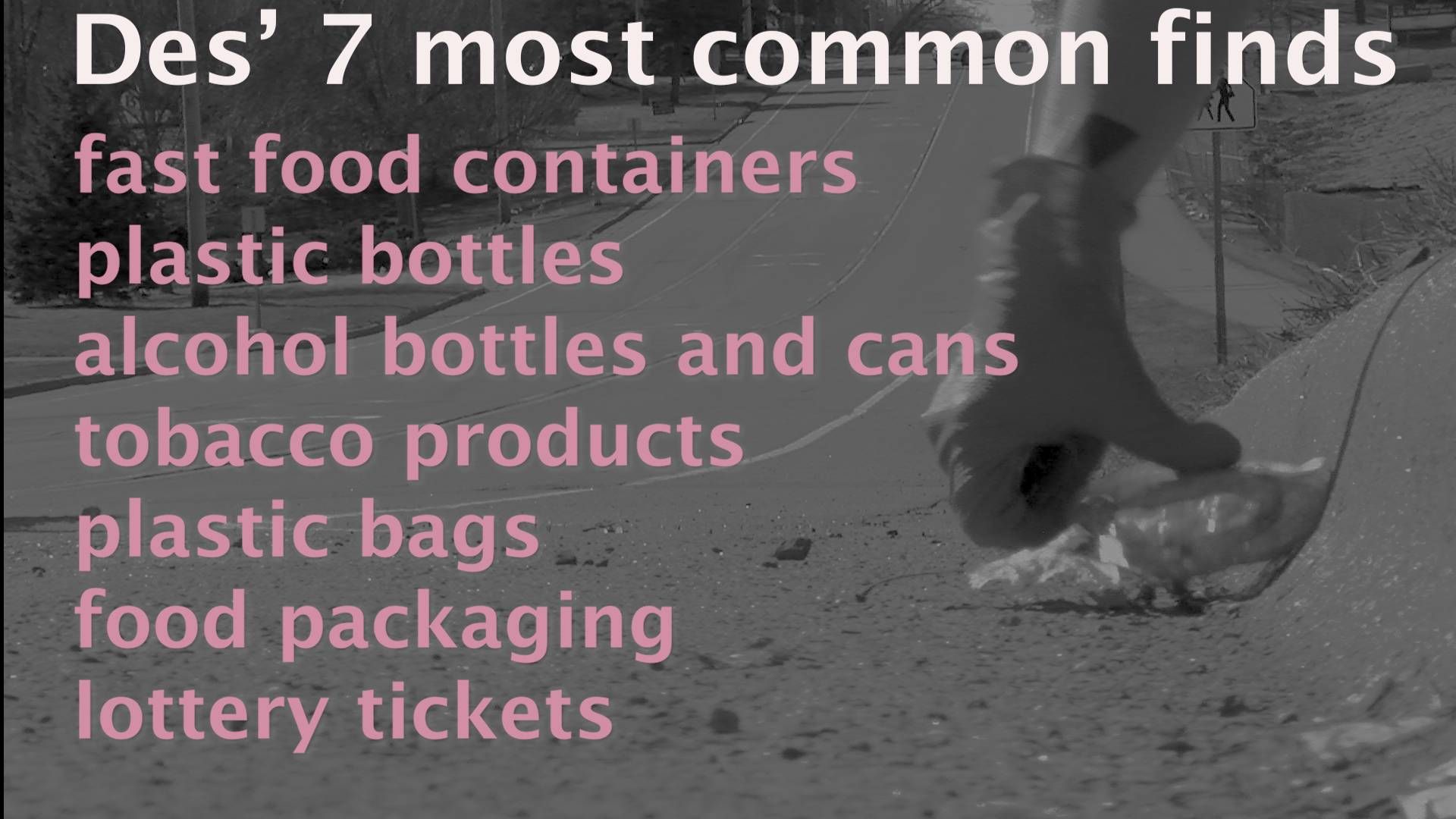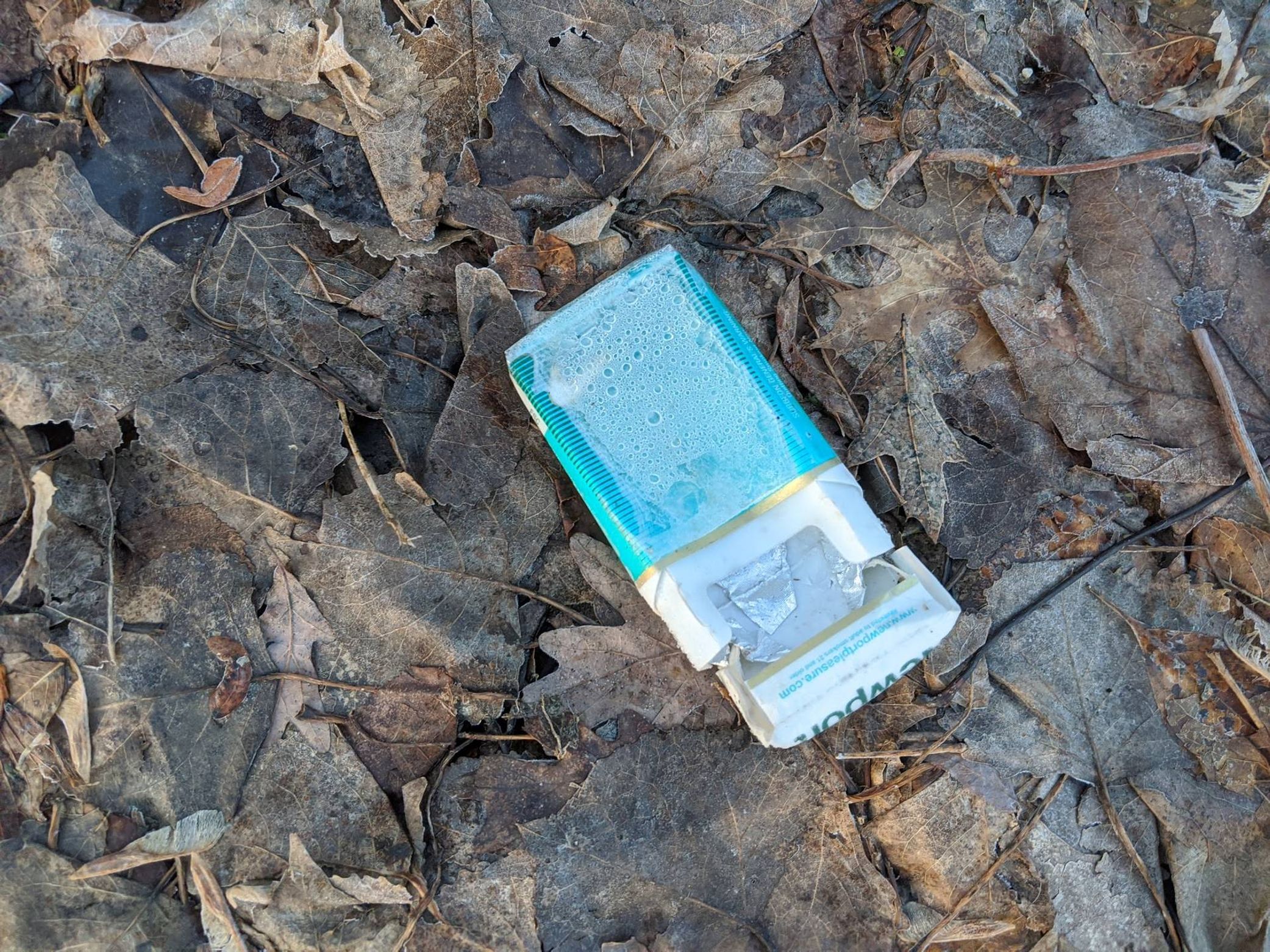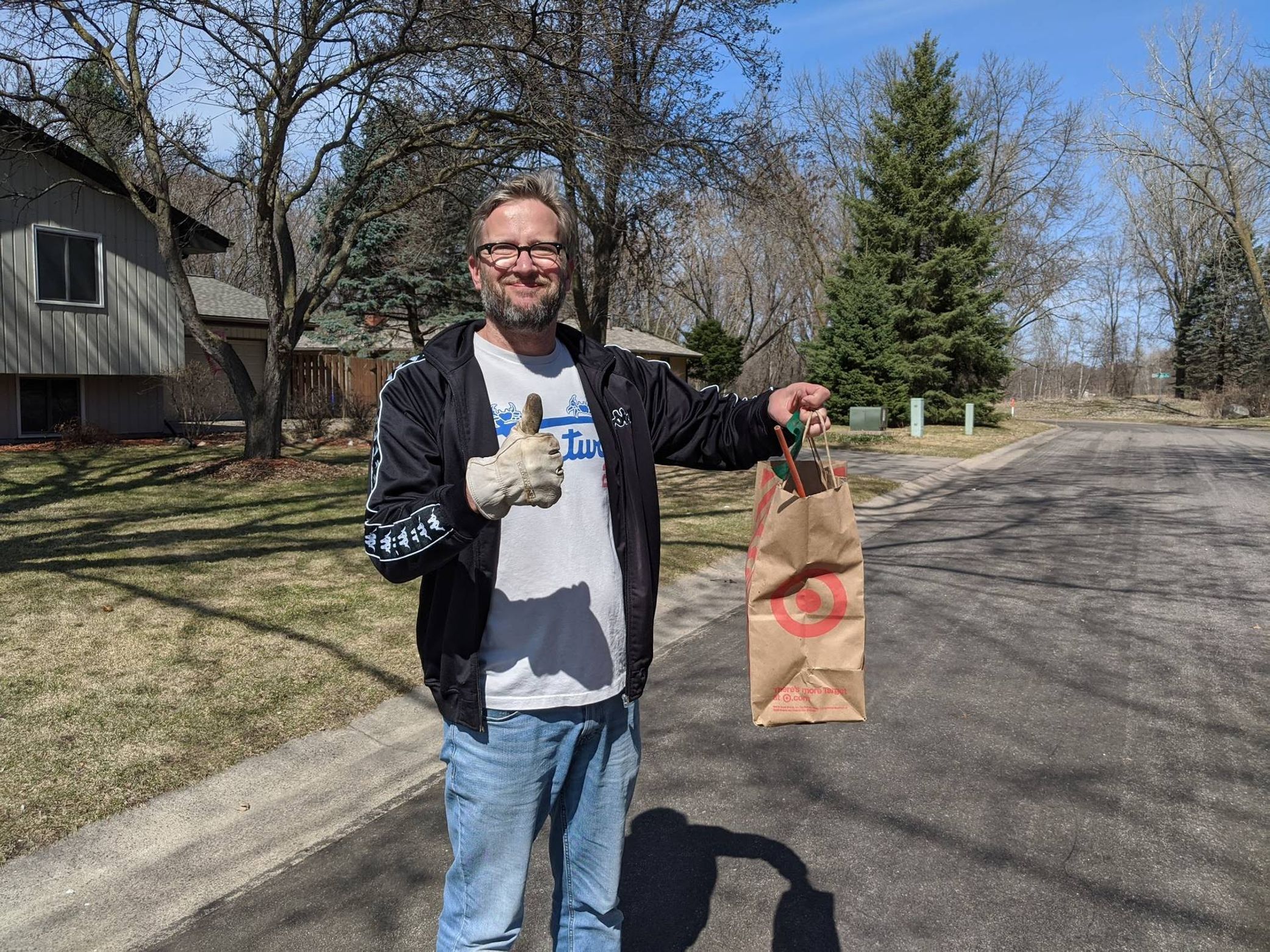One Simple Act Offers a Community Benefit
The act of picking up litter does more than you might think.
When passersby see Des Mueller stooped over with a trash bag in hand, many of them assume that she's been ordered by a judge to pick up litter. "Sometimes people think I've committed a crime and have been sentenced to community service," she laughs.
For the past seven years, this Roseville resident has been providing a service to the community - but she's motivated by her hatred of litter. Since 2013, Des has been doing what she can to make streets, sidewalks, gutters and fence lines cleaner, safer, and altogether more enjoyable.

Every day, Des will head out with a bag in-hand. When she sees trash, she doesn't step over it, or look away: She picks it up. "Once I start, I can't stop. This is my thing. Once you start looking for it, you'll see there is litter everywhere." As her Twitter handle indicates, Des is, indeed, bitter about litter, and that's to her neighbors' benefit.
On the day I caught up with her - and catching up isn't easy to do - Des was quick in her pursuit of litter, and she didn't wait around for a lumbering camera guy to line up his shot. She had even called in reinforcements: Carol and Kelly also showed up to lend a hand. In an hour, they swept through all four corners of the intersection of County Road B and Dale Street in Roseville. The three women filled four garbage bags with bottles, cans, a mud flap, pieces of broken bumpers, a boot and a nearly endless supply of wrappers.
After seven years of picking up other people's lazily discarded trash, Des has seen some trends develop.

She's also encountered some unusual - but interesting - finds in her years of self-motivated public service, including money, usually just a dollar but occasionally she'll find a twenty; a driver's license, delivered back to its rightful owner; and a straight-jacket. Let's just say that one generated a lot of speculation
With the April ground covered in a mat of brown leaves and grass, trash is especially easy to find in the spring. After the annual snow melt, and before the grass and weeds sprout up, the still-bright colors of other people's trash catches the eye.

THE RIGHT TIME FOR A NEW MOVEMENT?
During the COVID-19-triggered stay-at-home mandate, Des had never seen so many people out walking, and she thinks that this could be the moment for a movement to take hold. While Des, Kelly and Carol are hardcore garbage picker-uppers, what about the rest of us, who may be a little less willing to climb through shrubs and haul 25 pounds of trash out of a busy intersection? Would-be neighborhood trash collectors must start somewhere, and Des suggest that those get in the habit of grabbing a grocery bag as they head outside for a walk.
I, for one, have been doing just that, and I can speak up with a healthy dose of authority. Des is right: picking up litter does provide an endorphin rush. Give it a try!

Like so many Minnesotans, Twin Cities PBS Producer Luke Heikkila found himself suddenly camped out at his dining-room-table-turned-desk after a work-from-home mandate. But then he realized something: His neighbors were spending a lot of time outside. So he decided to check in with them to see how they’re faring in this time of COVID-19.
In a newfound era of social distancing, two longtime friends got together to play a game of disc golf as a way to feel normal when everything else is anything but. Keeping a minimum six-foot distance, Twin Cities Producer Luke Heikkila tagged along to learn how others are finding creative ways to be social together – and spaced far apart at the same time.
With a shortage of medical equipment all over the nation, it seems impossible to imagine how many medical supplies have ended up in Minnesota landfills. One local organization - Mano a Mano - estimates that it collected 200,000 pounds of medical equipment in 2018, necessities such as walkers and unused gauze that are saved and sent to Bolivia. Discover more about the organization's story.
